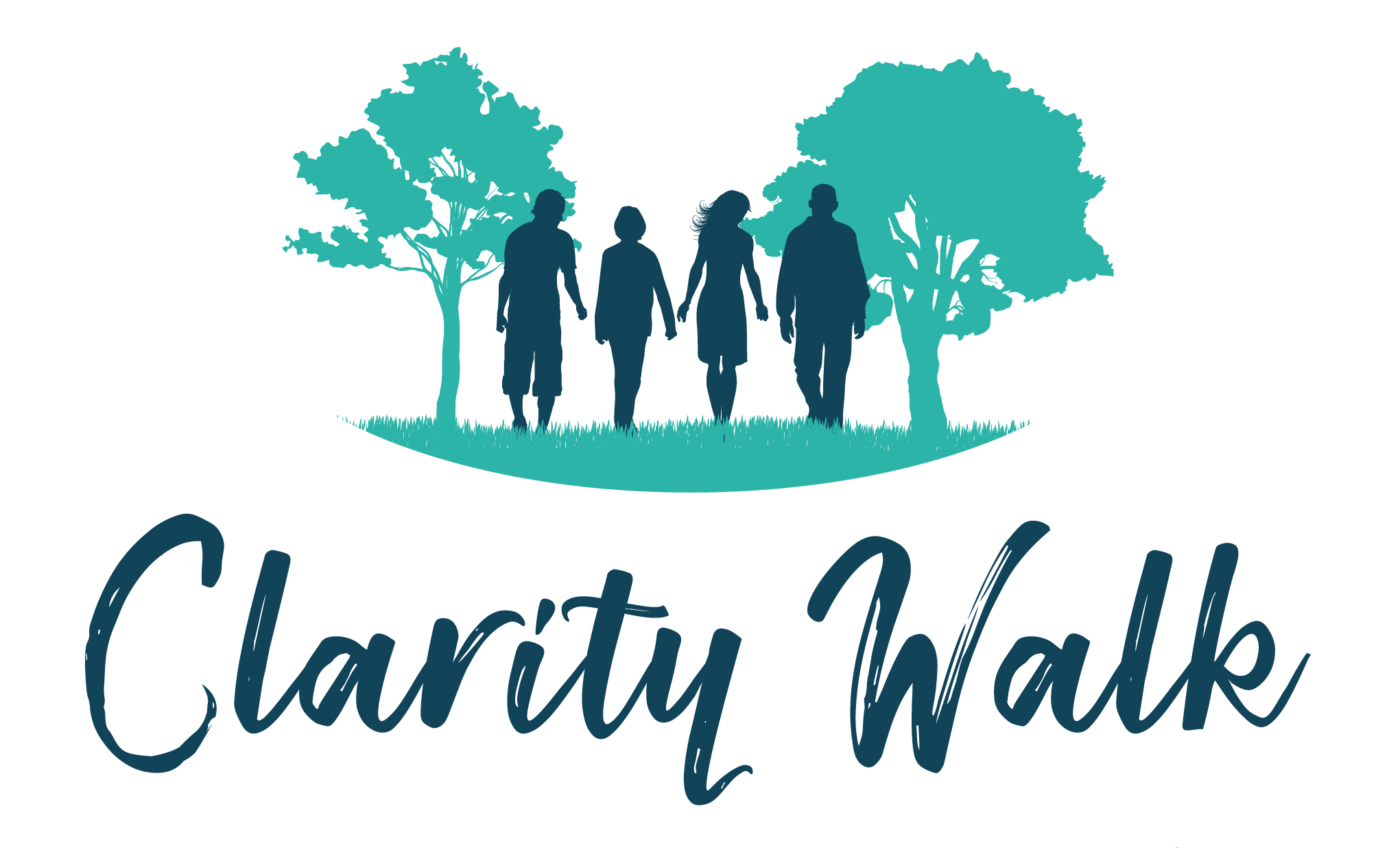Lost? Lets get you back on track.
The page you’re looking for doesn’t exist or has been moved
If you believe this is an error or you’re trying to find something specific, we’d love to help
Perhaps you just wanted to reach out ?
If so fill out this handy form and we will reach out when we can

